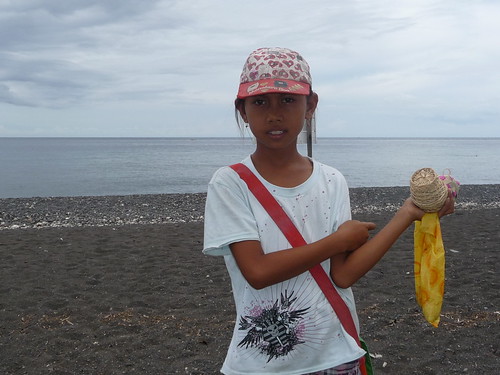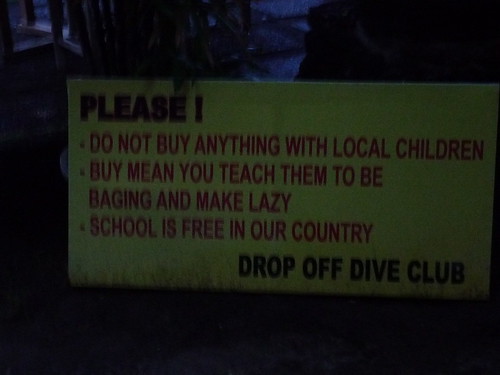
I read a great post by little boxes which prompted this. I will continue to call her Rhea till there's reason not to. Reading it made me think of my daughter, who is studying Bharatanatyam.
I say studying but perhaps I should say my daughter is being made to study Bharatanatyam. She is seven years old. It is the parents dilemma between listening to what the child says about what her interests are and deciding for her that it is important for her to have a skill or discipline. This of course is summarily complicated by the fact that she is an only child, which leaves more time than is healthy more likely for ruminations by said parents on this topic.
My father started me on percussion lessons when I was five years old. I loved drums from much younger than that, so it was a welcome addition to my life. I took mridangam lessons for three and a half years. At the tender age of nine, I decided I did not want to take classes with my teacher anymore. I still remember that on the day I decided I wanted to stop classes, it was because my mridangam class coincided with a movie my family was going to see. In order to go see the movie, I told my father I wanted to stop lessons.
In hindsight, it was a loss. Not the teacher; he was very loseable. I mean the opportunity to have classical training and to advance my skills. My father didn't question my decision. In fact he gave me the money for the lessons already taken and let me tell my teacher that lessons were over. I remember that to this day. On the one hand my father was giving me autonomy. On the other, perhaps I was allowed to make this decision earlier than I was able to.
So now when my daughter tells me she doesn't want to go to class, I bribe her. I figure my job is to get her to class; it is the responsibility of her teacher (who is wonderful) to draw her into the magical world of dance. Almost always this is the case. She is smiling when she comes out, sometimes skipping rhythms as she trots to the car. The enthusiasm wanes mid week and the cycle continues.

Our thought was that by learning Bharatanatyam she would have access to multiple things; Hinduism, mythology, music, movement, expression, and grace. By doing it in class, hopefully she would make some friends and gain the discipline that comes with the development of an art form.
The one thing she definitely likes to do is dress up. She loves the two hour process of makeup, costume and jewellery. For now, that is enough to make her go to class.
As she grows older, I see glimpses of it in her everyday life. A hasta while she brushes her teeth. Footwork while she walks down the hallway, done surreptitiously so as not to give parents any evidence that she might have absorbed anything from class.
Does she have to dance all her life? No. Percussion and drumming have stayed with me all my life.
If she gets discipline and a roadway into the vast mysteries of South Asian culture, I will consider it mission accomplished.



